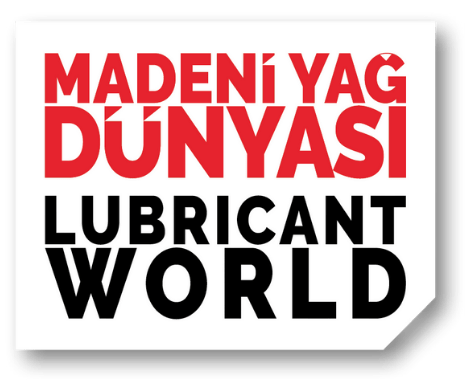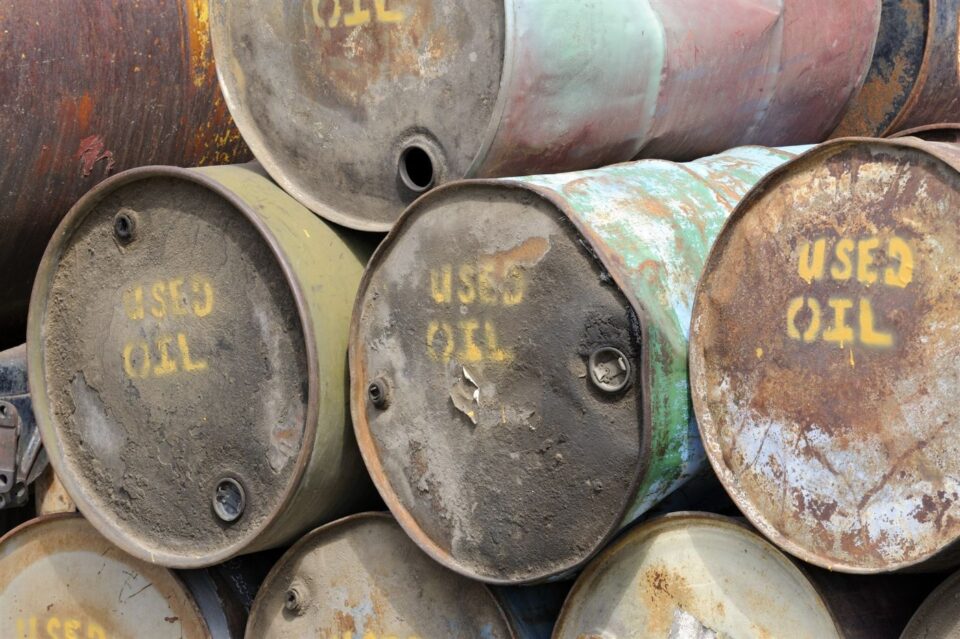Unfortunately, we see lots of consecutive news and reports about a beautiful city of our beautiful country, with the titles of “Waste Oil Operation”, “Waste Oil Confiscated”, “Raid on Illegal Oil” and so on. There is also news about illegal fuel and/or unlawful liquid hydrocarbons in the fuel sector and about penalties of the Energy Market Regulatory Authority (EMRA). Cheap illegal oil sales on the internet and the adverts by highways are of great concern. Content of such reports may be a source of information and a guide for those who are planning to make money illegally from this black market. I feel ashamed to talk and write about this subject for years and take an ironic stance against this problem by using the “Traditional Anatolian Fuels” definition. There are numerous variations of this irregularity. There are illegal blends for heating and fuel purposes. Waste lubricants have a significant place. Soil-air-water contact of waste lubricants is highly detrimental for our ecosystem. Their uncontrolled burning has the most destructive impact, we all learned it.
According to the Waste Motor Oil Management Project’s 2016 Activity Report, which is being carried out by the Petroleum Industry Association (PETDER), lubricant consumption in Turkey is 464 thousand tons. 60 percent of this volume can be regarded as waste oil, which corresponds to 270 thousand tons. In recent years, annually 38-40 thousand tons of waste oil is collected as automotive and industrial oils. We fail to collect all the waste oil. PETDER collects 19,185 tons of automotive oil, 86 percent of which has been used in energy recycling, and 2 percent was sent to the disposal plant. As can be seen, the volume of uncollected and recycled waste oil is very high. The high amount of uncollected waste oil and the assessments about the technical capacity of recycling plants is a clear indicator of the national economic loss due to the illegal activities in the fuel sector. Waste oil is used in the fuel tanks of heavy vehicles. It is everybody’s responsibility to stop this, but we fail to do that. What do we fail?
Stove-like, inconvenient mechanisms for supposedly burning waste oil, while endangering human health, are marketed for use indoors. The worst part is; such burners are particularly used by the technical staff in industrial areas. Promoting such mechanisms as a new invention is unfortunately a comedy matter.
Re-refining of waste oil to obtain base oil will be an exemplary upward transformation in circular economy. Such re-refining plants will create new employment opportunities. Technological requirements of the plant are a must for the success of the investment because it is not an easy task to refine waste oils. Re-refinery origin base oils and other refinery products will lead to a decrease in the petroleum imports of the country, which will make a positive impact on the national economy. We need a waste oil refinery with a quality to stand out among others.




